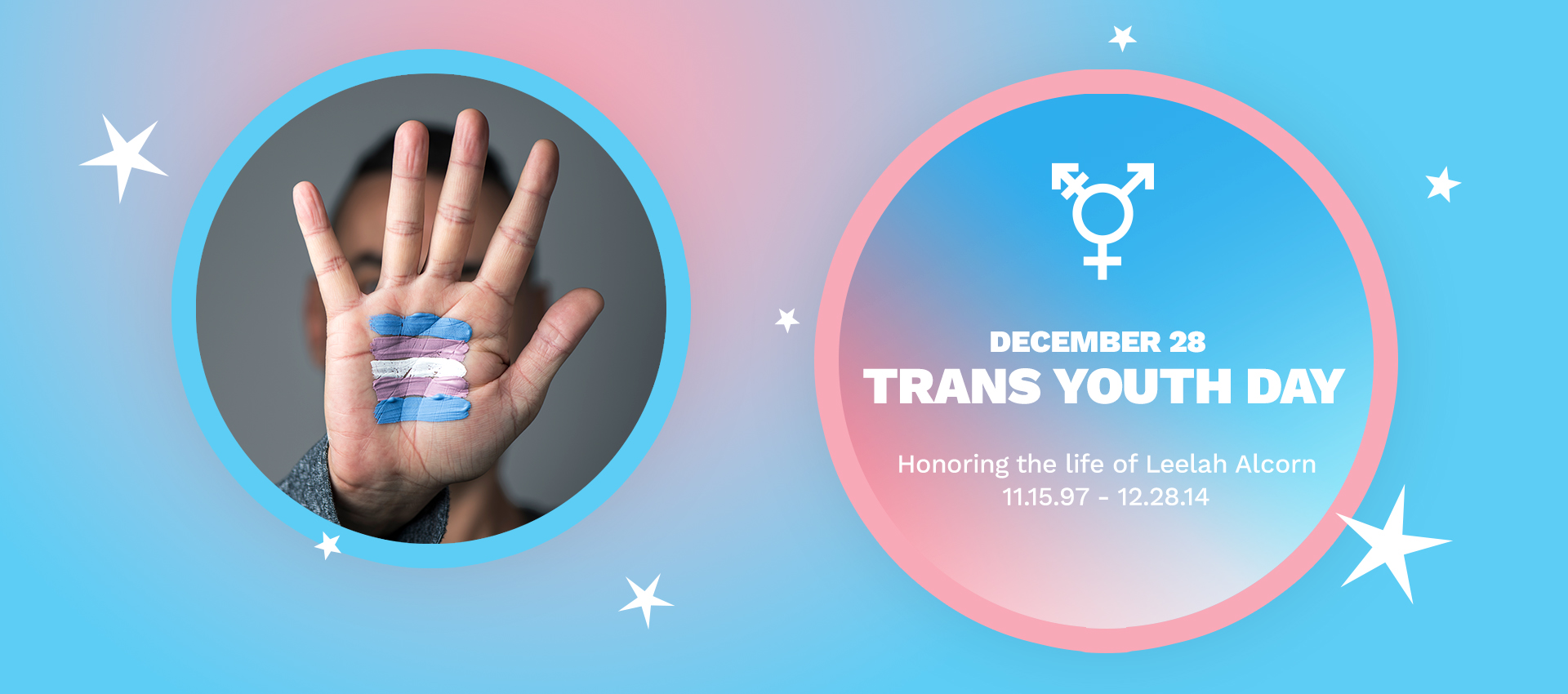National Immunization Awareness Month (NIAM) is celebrated every year in August to emphasize the importance of vaccines for all ages by the Centers for Disease Control (CDC) and the World Health Organization (WHO). Immunization is a vital part of health care and one of the best ways to protect yourself against infectious diseases. Worldwide, vaccines prevent about 3.5 – 5.5 million deaths every year.
What is the difference between a vaccine and immunization?
A vaccine is a preparation used to stimulate your body’s immune response against a disease. It is typically administered through a needle injection, but some can be given through the nose or mouth. Immunization is the process by which a person becomes protected against a disease through a vaccine. When you are immunized by a vaccine, you receive protection from an infectious disease.
How do vaccines work?
A vaccine contains weakened or inactive parts of an organism called an antigen. The antigen triggers an immune response which helps your body learn how to fight the disease by making antibodies. If your body encounters the disease later, it will know how to fight it. Each vaccine will vary in the number of doses and how far apart they are given.
Why is it important to get vaccinated?
When you are vaccinated, you are protecting yourself from a particular disease and other people around you. This is important because not everyone can get a vaccine due to underlying health conditions that weaken their immune systems. Some people are also severely allergic to vaccines. However, if you can be vaccinated, you are also helping to protect those who cannot. Every vaccine you get helps your body’s immune system. When you have a strong immune system, you can stay healthy.
One of the best ways to stay healthy and prevent diseases is to get vaccinated. There are several diseases that you can protect yourself against. Take control of your health today and talk to your local provider about what vaccines are right for you.



